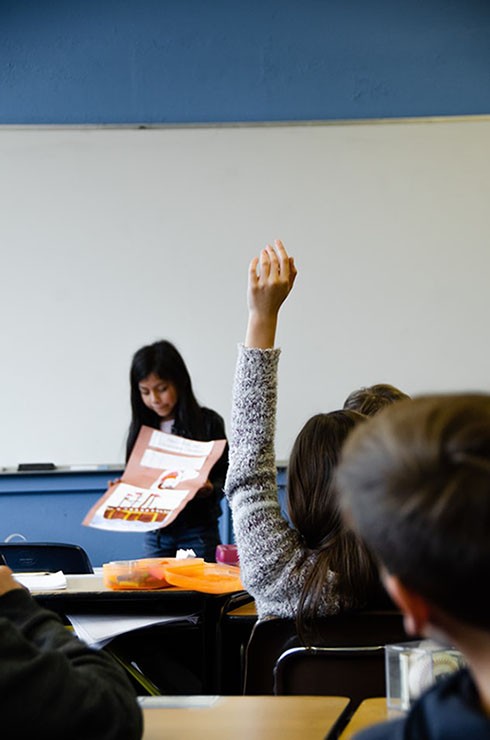With final exams quickly approaching, I know you’re a nervous wreck, but there is one more thing you need to do. If you want to start an undergraduate research project next September, you need to find a supervisor. And given that you’re not an honours student, you are going to need to find one on your own.
Impossible you say? Well, not quite.
In a university where interactions with professors are more of the exception rather than the rule due to the size of classes, this can be hard, sure, but not impossible.
Ask professors you know and/or professors for whom you got a good grade and truly loved their class. Try to meet them in person if you can, and then just ask.
Talk to them about their work, ask questions and show your genuine interest in their research topic, maybe even suggesting future project ideas or research questions. If they say no, don’t stop there. Ask them if they know any other professors who are taking students.
While this might not always work, it’s your best bet to find a thesis supervisor, and in your case, it pays off.
You find a professor whose research topic not only fascinates you; she trusts you with a lot of independent work, which is going to be challenging, but will be incredibly foundational for your future. She’s also going to be the one to give you the research bug. Completing an undergrad thesis is going to be harder than you thought, take more of your time than expected and be frustrating at times, but it’s going to be incredibly rewarding and will take center stage as your new passion.
Once your thesis is done and submitted (you’re going to want to take a picture of that moment, it’s a big one!), you’re going to be thinking about grad school applications.
Contrary to what most people assume when you tell people that you are a psychology student, you won’t end up in a clinical psychology program. It’s just not you. Don’t let people get to you when they ask why you didn’t choose Clinical Psychology: you’ve got this!
But, think about it, you’ve always been a scientist at heart! Remember when you used to hide in a dark closet with a mirror in hand, biting down on Wint O Green Lifesavers Mints just to see the awesome flashes that happen when they get crushed? Ah, science…
Even after completing your thesis, which you will eventually publish (yay you!), you’re not done; you’re going to have to start thinking about grad school. You know you want to get in, but you’re so convinced that you won’t, that applying is going to seem like the hardest thing you’ll ever do.
Don’t be shy to go for what you want.


 Credit:
Credit:  Credit:
Credit:  Credit:
Credit:  Credit:
Credit: 